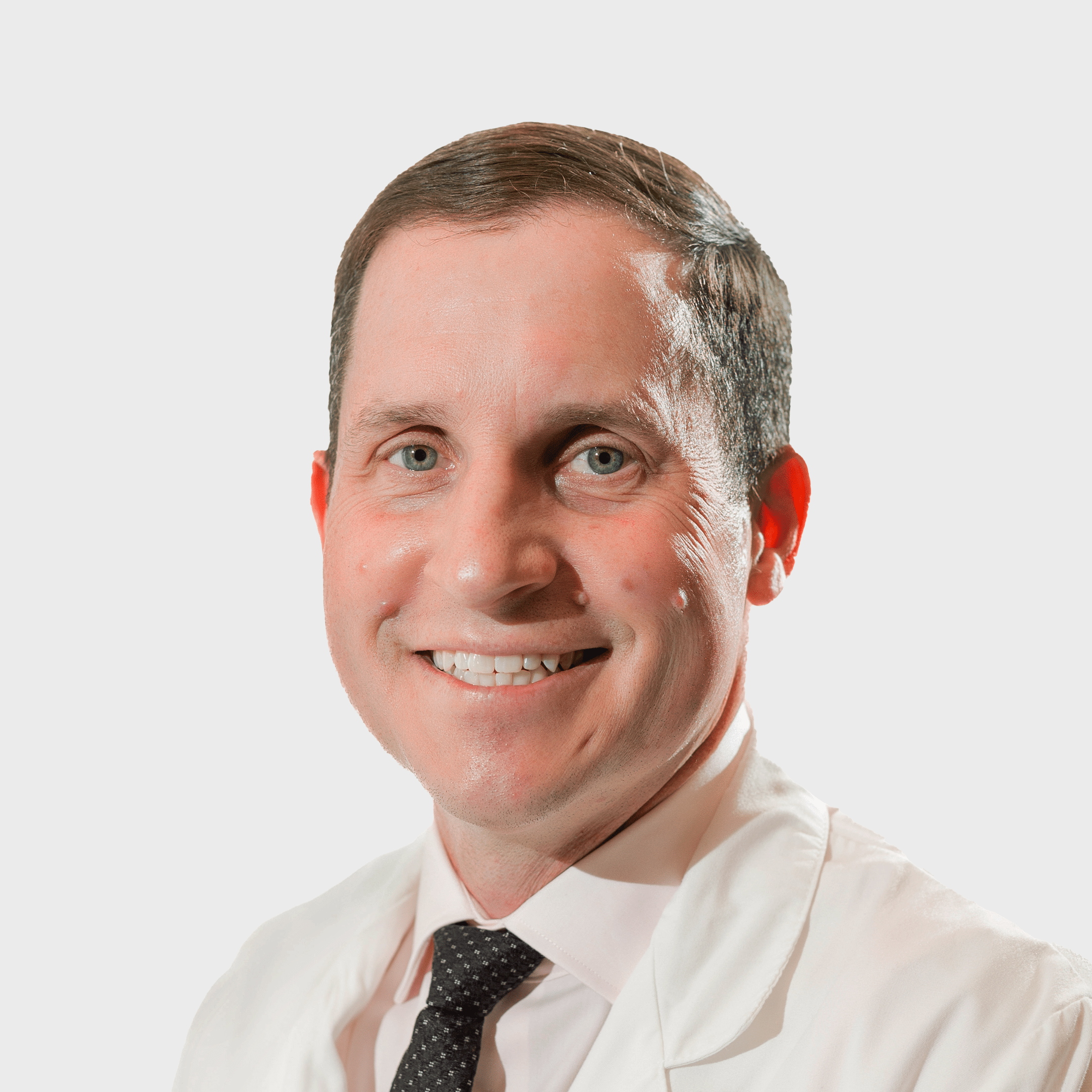
Featured Doctor
Michael A. Kuhn, MD
Get to know Dr. Michael Kuhn, sports medicine surgeon at Middlesex Orthopedic & Spine Associates.
View Profile
Knee pain is a common reason to end up in an orthopedic surgeon’s office. It’s important to uncover the root cause of the discomfort in order to determine the most appropriate course of treatment. One possible reason for knee pain is damaged cartilage around the knee joint itself.
The knee joint is made up of three bones – the femur, tibia and patella – which are held together by cartilage. If the cartilage becomes damaged, you might experience pain or swelling whenever your knee joint is flexed. This can occur after an acute traumatic event or, more commonly, it is due to wear and tear. Cartilage cannot naturally regenerate so it can worsen over time if untreated.
One of the most common cartilage repair techniques today is matrix-induced autologous chondrocyte implantation (MACI). During this two-part procedure, we take a biopsy of your healthy cartilage to grow new cells to be reimplanted into the unhealthy area of your knee about 4-6 weeks later. Advanced cartilage restoration procedures can help preserve joints to avoid or delay the need for joint replacement surgery.
Cartilage transplants have traditionally always involved an open incision, making it a relatively invasive surgical procedure.
In 2018, I developed an all arthroscopic technique and was the first in the nation to perform MACI arthroscopically (through only a small incision). By making this procedure minimally invasive, I’ve helped my patients experience less pain, fewer scars, reduced stiffness, earlier range of motion and an overall better clinical outcome.
For the past six years, I’ve worked to research and develop new surgical tools (now named MACI Arthro) to help streamline the procedure, making it easily available for all orthopedic surgeons.
In August 2024, MACI Arthro became FDA-approved for use in patients aged 18-55 with cartilage injuries in their knee. It is the first and only FDA-approved autologous cell-based cartilage therapy for arthroscopic delivery, providing a durable approach to cartilage restoration in the knee.
While the new surgical tools have just become widely available, I have already seen their benefits in my own practice. I have significant clinical and operative experience in preserving my patients’ knee joints by doing the cartilage transplant arthroscopically.
Just as the surgical approach is different, a patient’s recovery also looks different following a minimally invasive procedure versus an open surgery. After surgery, patients will be on crutches for a few weeks as they work to regain their range of motion. My goal is to get them back to activities after the cells heal and mature. An arthroscopic MACI gives patients decreased pain and improved function, with an all-around better experience.





